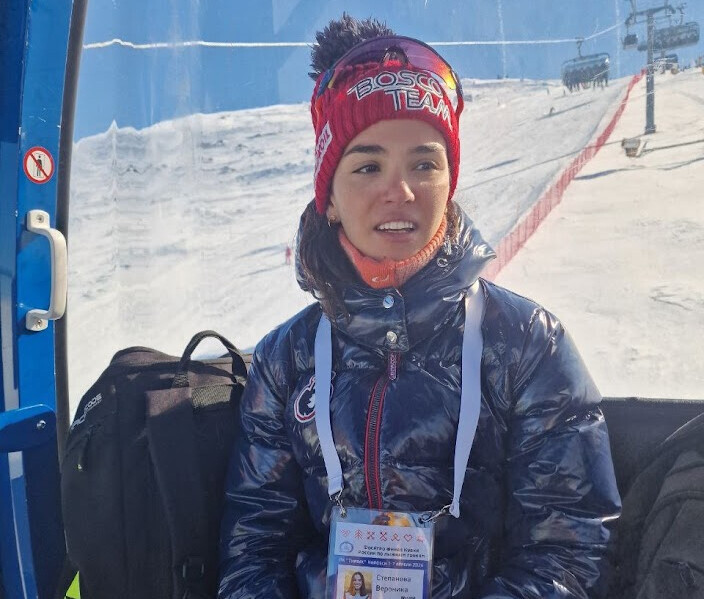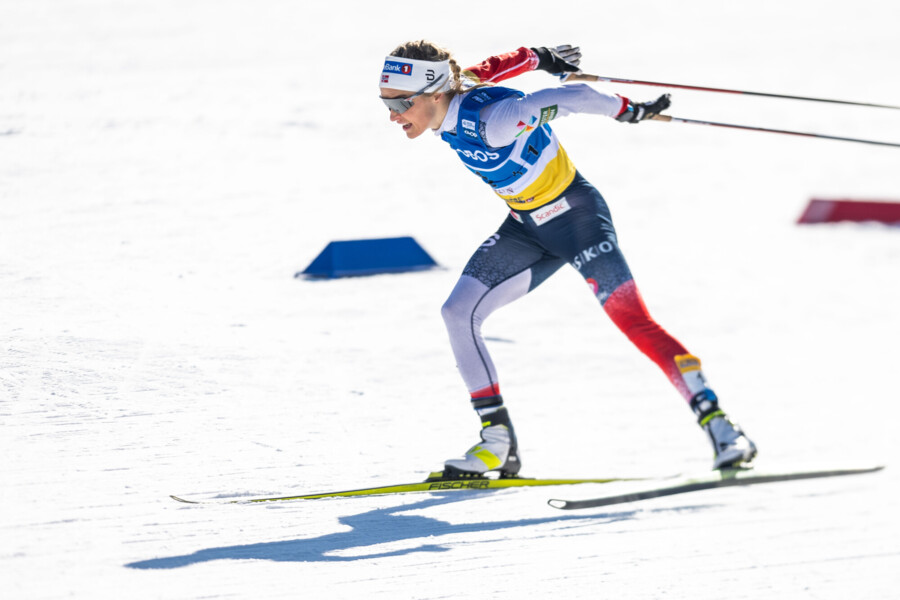Last month it was reported that I was not included in the so-called “registered test pool” of the international ski federation FIS. Since I have criticized FIS quite loudly on several occasions, someone thought there was some kind of connection there.
No! But it is a reason to talk about the fight against doping in general.
Let’s first understand how international doping controls work.
As a member of the Russian national team, I have two main responsibilities.
First: do not resort to doping consciously or stupidly.
Second: Comply with all anti-doping officer requirements and timely complete online forms in the international ADAMS system.
To simplify a little… Regardless of the testing pool you are part of, you must mark each day in the ADAMS application a one-hour window of your choice and the exact location where you can be in order to collect biological samples. No matter on what instructions the anti-doping officers will come to test you, the procedures are absolutely the same. Who visited you at 6 am – RUSADA, WADA or an international federation – you will only know thanks to the accompanying documents confirming that you have passed the tests in accordance with all the rules.
Article 5.5.3 of the FIS Anti-Doping Rules states that the athlete must inform the anti-doping organizations of his whereabouts only in ADAMS and nowhere else. It is not up to the candidate to decide who, where and when he will be tested. The same rules state that testing is a matter of interaction between national anti-doping agencies and FIS itself, and that the manner in which it is conducted is a major anti-doping secret.
What I know is that neither the registered (main) test groups nor the extended FIS test groups contain many of the current leaders of the Russian team. Just as there are practically none of my competitors at the junior and youth world championships from other national teams. In any case, there is no scandal in this: apparently, they are tested by national anti-doping agencies, like me. By the way, I am tested about once a month.
Doping control officers are invariably polite and morally strong people. Others, apparently, are not hired for this job – most athletes treat meetings with them as a situation with which nothing can be done, but which does not cause any joy. Rain always catches you during cross-country or cycling training, when you are as far away from the base as possible.
Anti-doping officers always knock on your door at the most inopportune moment, when you can’t sleep for a long time because of noisy neighbors, for example. Or they come to you at the moment when you have given all your strength on the ski slope and are not thinking about victory, but about how to eat and find yourself in the soul. And instead of these “awards”, about an hour with an anti-doping officer. By the way, when the awards ceremony is delayed, it almost always means that the date is long and no one can interrupt it.
…I will not categorically state that it is useless and that doping has completely disappeared from sports, including skiing. Because I have no right to generalize like that in principle. Now, consciously doping is equivalent to undressing on Red Square and hoping that no one will find out, record or film it.
I don’t see the point in talking about all sorts of transfusions and other deliberate methods of doping. It seems to me that this is done by people of the same category who think that they are the ones who won a new iPhone online. “I’m the smartest, I’m always lucky!”
But doping, unfortunately, can be easily avoided through negligence.
A classic example is pseudoephedrine. Any Italian pharmacy will sell you cold medicine without a prescription. Yes, there is an anti-doping inscription on the package. Small, on the back. You might not even notice it.
So I’m sure no doping is intentional. Teresa Johaug She didn’t accept it – she simply didn’t need it. That’s why she “arrested” everyone even after serving her disqualification, while she was being checked almost every week.
Today they win not because of doping, but because of three factors.
Genetics. For example, I inherited very fast and explosive muscle fibers from my mother and father. But for some, no.
Total discipline. Everything you eat, drink, breathe and sleep takes seconds off your results or adds to them.
Working with narrow specialists. For example, in biomechanics. No matter how fast your muscles are from birth, until everything works together, for the number of cycles programmed in the race, you will not win.
It seems that no one has yet come up with the idea of creating genetically perfect future champions – it’s always a lottery. The discipline already requires coaching from a very early age. I recently observed at a training camp how very young gymnasts and football players were taught to eat healthily and consciously. Those of them who do not get carried away and do not give up the sport will know by heart the amount of nutrients in a banana or carrot, which is certainly useful for a champion.
But working with specialists requires a lot of money. The more prestigious the sport, the more important it is. Maria Sharapova and the Williams sisters come from relatively modest families, but most of the parents of today’s top tennis players are millionaires, and now the daughters of billionaires have appeared in the WTA.
If rich parents can hire the best specialists, send them to the best sports camps, provide them with the best equipment from childhood, then money is a form of doping? Everyone will decide for himself, but of course, money, like “classic doping”, puts athletes in unequal conditions. And I don’t know how to deal with this and whether it is really necessary. What do you think?
More sports news in our telegram channel .
Source : MatchTV
I am Sandra Jackson, a journalist and content creator with extensive experience in the news industry. I have been working in the news media for over five years. During this time, I have worked as an author and editor at various outlets producing high-quality content that attracts readers from different demographics.




